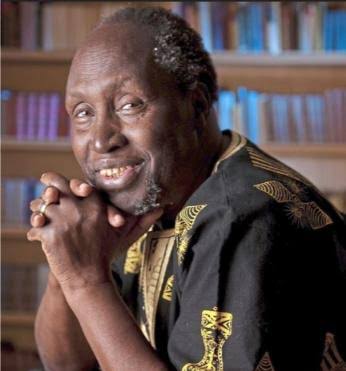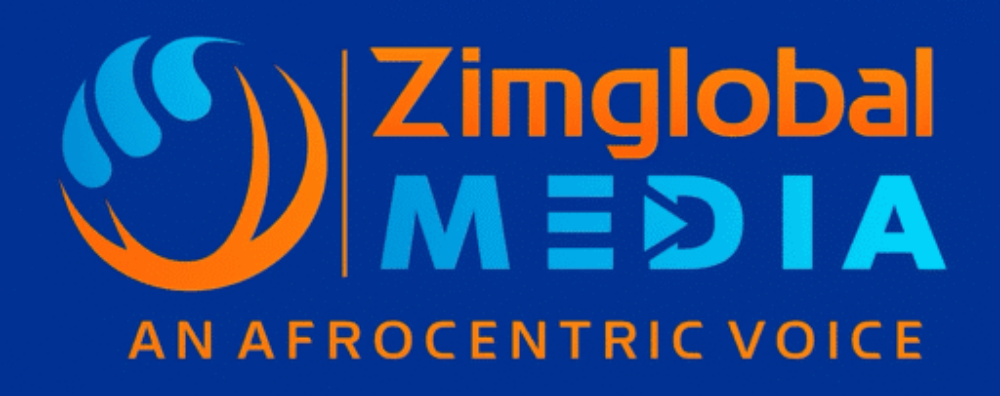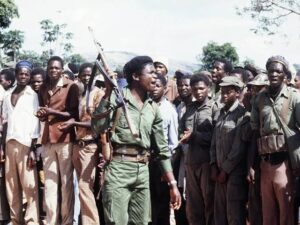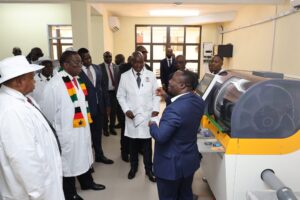Decolonizing the Mind: Lessons from Ngũgĩ wa Thiong’o for Modern Africa
2 min read
Editorial – Political independence did not free Africa completely. While colonial flags came down, colonial ideas remained deeply rooted in the minds of the colonized.
Kenyan writer Ngũgĩ wa Thiong’o identified this unseen battle and made a lifelong mission of it.
His landmark book Decolonising the Mind remains one of the most profound guides for reclaiming African identity through language, art, and education.
Born in 1938 in Kenya, Ngũgĩ began his career writing in English. However, he later abandoned it to write in his native Gikuyu, arguing that language is a vessel of culture.
His transformation from “English novelist” to “African storyteller” was both artistic and political — a rejection of cultural dependency and a call to intellectual liberation.
Ngũgĩ argued that colonial education alienated Africans from their culture. By elevating European languages, colonial systems made Africans view their tongues — and by extension, themselves — as inferior.
To him, reclaiming African languages is key to restoring pride and consciousness.
“Language,” he wrote, “carries culture, and culture carries… the entire body of values by which we come to perceive ourselves and our place in the world.”
Today, decolonizing the mind means promoting indigenous languages in schools, media, and literature. When Africans think and create in their mother tongues, they think freely.
Education remains the frontline of mental liberation. Across Africa, curriculums still glorify European history while marginalizing African civilizations.
Decolonization calls for a new syllabus — one that teaches the Mali Empire alongside Greece, and celebrates Great Zimbabwe as a marvel of ancient engineering.
By infusing local knowledge, folklore, and philosophies like Ubuntu, Africa can produce thinkers rooted in context, not mimicry.
Ngũgĩ believed art could either imprison or liberate. Colonial art celebrated conquest; African art must celebrate identity.
From theatre to literature, creative expression should mirror African realities, languages, and dreams.
Modern African creatives are following his lead — from filmmakers reviving ancestral myths to musicians infusing indigenous rhythms in global hits.
In today’s digital Africa, decolonization extends to online spaces. Africans must create and control their narratives, platforms, and algorithms. True freedom means defining success, beauty, and intelligence on African terms.
Governments, educators, and artists alike must prioritize intellectual sovereignty — valuing homegrown innovation as much as imported theories.
Ngũgĩ wa Thiong’o taught us that colonialism’s greatest conquest was not land but thought. To reclaim Africa’s destiny, we must free our minds — by speaking our languages, teaching our history, and celebrating our genius.




